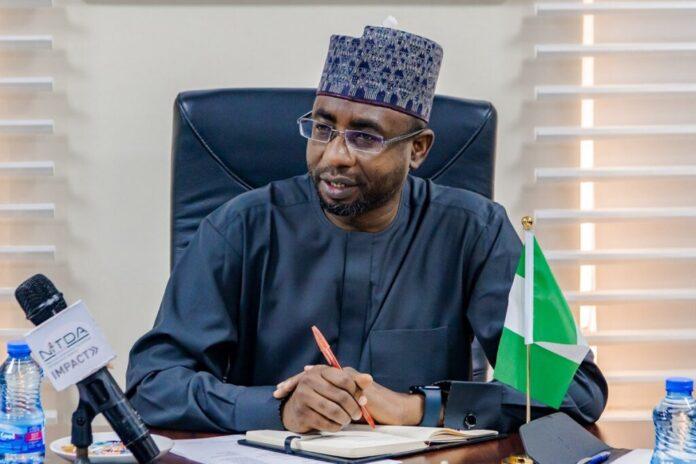In a digital era where harmful content spreads with just a click, Nigeria is tightening its grip on online safety.
The National Information Technology Development Agency (NITDA) has commended Google, Microsoft, and TikTok for submitting their 2024 compliance reports in line with the Code of Practice for Interactive Computer Service Platforms/Internet Intermediaries.
The Code, jointly issued by the Nigerian Communications Commission (NCC), National Broadcasting Commission (NBC), and NITDA, sets clear rules for protecting users, tackling harmful content, and promoting a safe, responsible online environment.
The Numbers That Matter
The compliance reports don’t just tick a regulatory box; they reveal the scale of effort put into protecting Nigerians online. The highlights include:
754,629 registered complaints from users.
58,909,112 pieces of harmful content taken down.
420,439 posts removed and re-uploaded after user appeals.
13,597,057 accounts closed or deactivated for violations.
These numbers show that online harm is still widespread, but they also signal stronger, more responsive moderation from the platforms.
The submission of these reports, according to NITDA, “marks a significant step towards fostering a safer and responsible digital environment for Nigerian users.”
It’s beyond compliance, it’s about trust. In a country where millions rely on social media for news, business, education, and community, unsafe platforms can have real-world consequences.
Cyberbullying, disinformation, online scams, and harmful content directly affect everyday Nigerians. By holding global tech giants accountable, regulators aim to protect both freedom of expression and user safety.
More Than Just Numbers: The Bigger Picture
The Code of Practice doesn’t only target harmful content. It also requires that large service platforms register in Nigeria, comply with local laws, and fulfill their tax obligations.
This reinforces digital sovereignty while ensuring that global tech platforms contribute responsibly to Nigeria’s economy.
Yet, experts warn that compliance should not be seen as the final destination. Online harm evolves faster than regulations.
Platforms must continue innovating using AI moderation, transparent appeal systems, and stronger partnerships with local stakeholders to truly make the internet safer.
A Call for Shared Responsibility
NITDA acknowledges the progress but also stresses that safety is a collective task.
“While NITDA acknowledges these commendable efforts, we emphasize that building a safer digital space requires sustained collaboration and engagement among all stakeholders,” said Mrs. Hadiza Umar fnipr, f.apra, Director of Corporate Communications & Media Relations at NITDA.
This means government, tech companies, civil society, educators, and users all have roles to play from digital literacy campaigns to transparent reporting systems that empower people to take charge of their online experience.
The reports reflect a positive shift: tech platforms are not just meeting Nigerian regulations but aligning with global best practices on trust, transparency, and safety.
Still, as harmful content grows more sophisticated from AI-generated misinformation to organized cybercrime, Nigeria’s digital safety framework must continue evolving.
What is clear is that Nigeria is sending a strong message: the digital space must remain a place of opportunity, not harm.
And with continued accountability, collaboration, and user awareness, that goal is within reach.



























